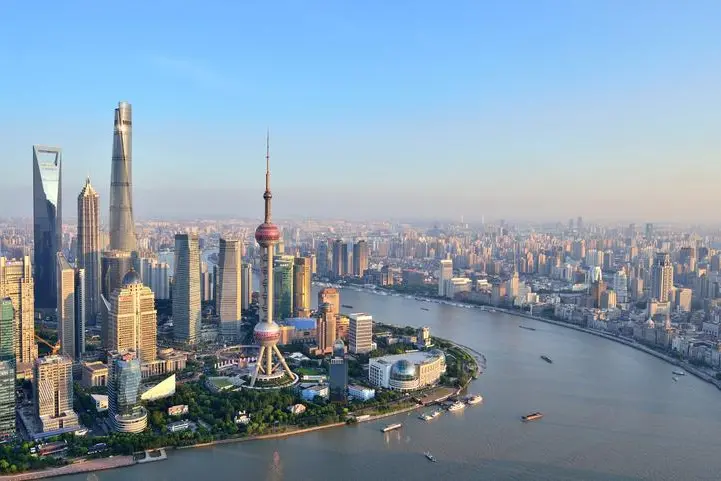PHOTO
November was the best month for foreign flows into emerging markets since January, with $33.9 billion being invested, according to the Institute of International Finance (IIF).
The Institute’s monthly Capital Flows Tracker, which was distributed to the media on Wednesday, said net non-resident portfolio inflows were driven by strong demand for emerging market (EM) bonds and Chinese equities.
Debt inflows comprised around $21.8 billion of the $33.9 billion of investor purchases in November, which was the highest level since April.
Equity inflows recovered to $12 billion last month following a torrid October when $7.6 billion was pulled from emerging market equities - the worst month for EM stocks since June 2013, according to the IIF.
The rebound was due mainly to greater appetite for Chinese equities, which comprised $8.5 billion of the $12 billion of positive inflows - the highest level since May this year.
The IIF said the greater demand for EM securities was “in line with the recovery in EM currencies and asset prices” throughout last month. It said that in the year to date, non-resident portfolio flows into emerging markets stood at $195 billion, which was nearly $160 billion lower than the same period last year, but ahead of the same figures for 2016 ($142 billion) and 2015 ($88 billion).
Globally, there was a rally both in developed and emerging markets towards the end of November as investor expectation of a potential truce in the trade dispute between the United States and China mounted ahead of last weekend’s G20 meeting in Argentina.
However, this expectation dissipated on Tuesday following U.S President Donald Trump's tweets stating that although he was keen for a trade deal to be agreed, he was a "tariff man".
"When people or countries come in to raid the great wealth of our Nation, I want them to pay for the privilege of doing so," he said on the social media platform.
This caused a 3 percent decline in New York-listed shares on Tuesday, according to Reuters, as investors worried about the twin effects of an escalating dispute and a slowing of the U.S. economy.
In a note sent to media on Wednesday, Mihir Kapadia, CEO of Sun Global Investments, said: “Doubts over the US-China trade truce continue to weigh on global stock markets. Despite China claiming that talks were successful in order to bring back some stability, stockmarkets across Asia and Europe were all down, with London’s FTSE reaching two-week lows."
He added: "With few signs of definitive progress in place, it is likely that the volatility witnessed in the markets this year will filter into 2019 and continue to plague investor confidence, unless China and the US can finally come to terms on a new deal.”
In an on-stage interview at the Alternative Investment Summit in Dubai last week, emerging markets specialist Mark Mobius of Mobius Capital Partners said: "There's no question that this so-called trade war with the US and China is much bigger than everyone thought it would be. The realisation is now dawning on policymakers in the US... that it's not only about trade, it's about technology, it's about access, it's about the philosophy of government."
He added: "This so-called trade war has expanded into something more strategic where the US is saying, 'Look, China, you've got to open your market not only for trade, but for technology so there's a two-way street, and there's got to be reciprocity not only on the trade front, but on the military front'.”
Further reading:
- Stocks drop as falling U.S. yields, trade worries hit mood
- Trump says he believes China's Xi is sincere on trade
- Trade war relief for metals, but bull-bear battle rages on
- "They've got to get bigger": GCC markets need better governance, more listings- Mobius
- More foreign money expected to flow into GCC funds- survey
(Reporting by Michael Fahy; Editing by Mily Chakrabarty)
Our Standards: The Thomson Reuters Trust Principles
Disclaimer: This article is provided for informational purposes only. The content does not provide tax, legal or investment advice or opinion regarding the suitability, value or profitability of any particular security, portfolio or investment strategy. Read our full disclaimer policy here.
© ZAWYA 2018





















